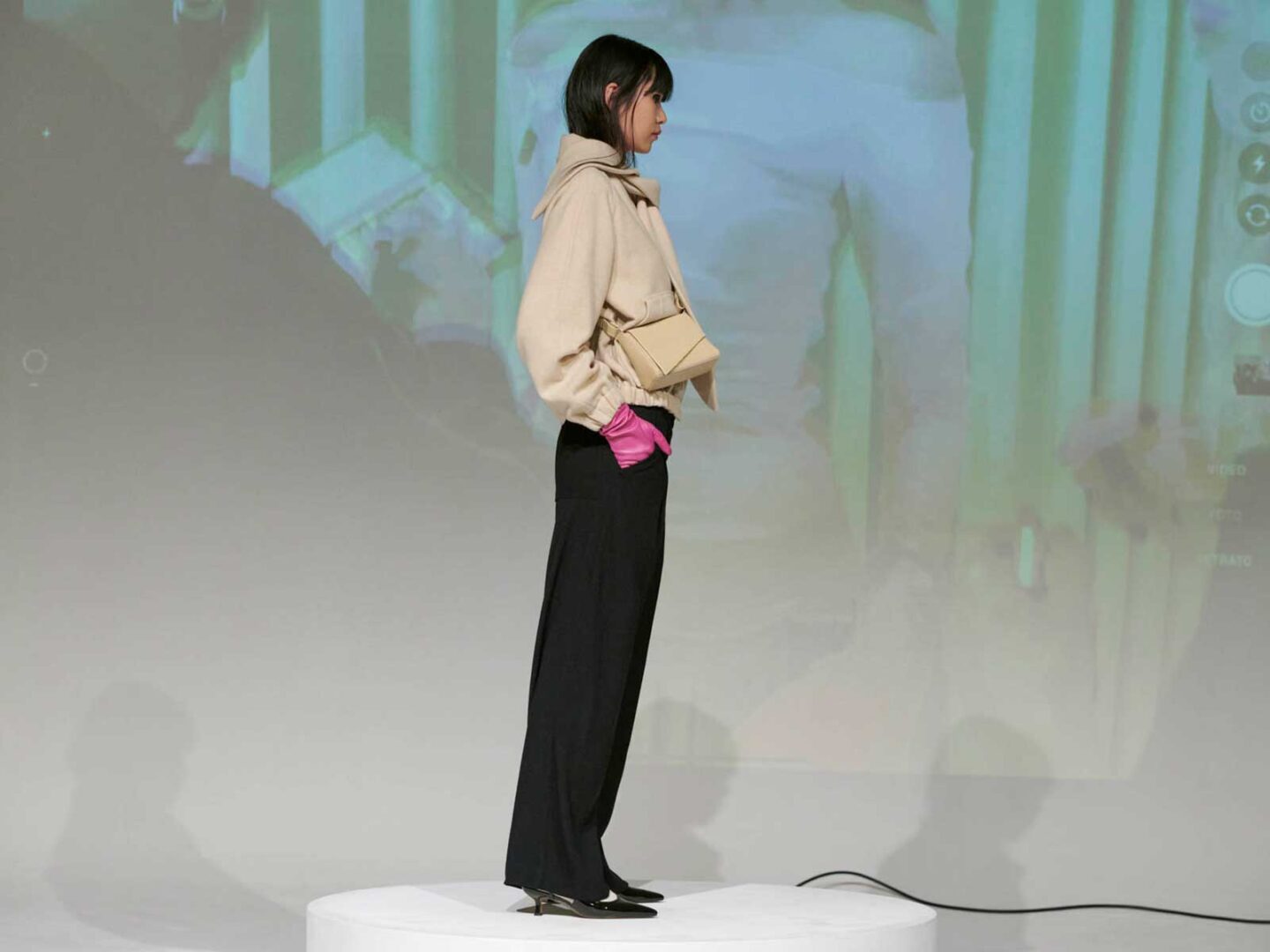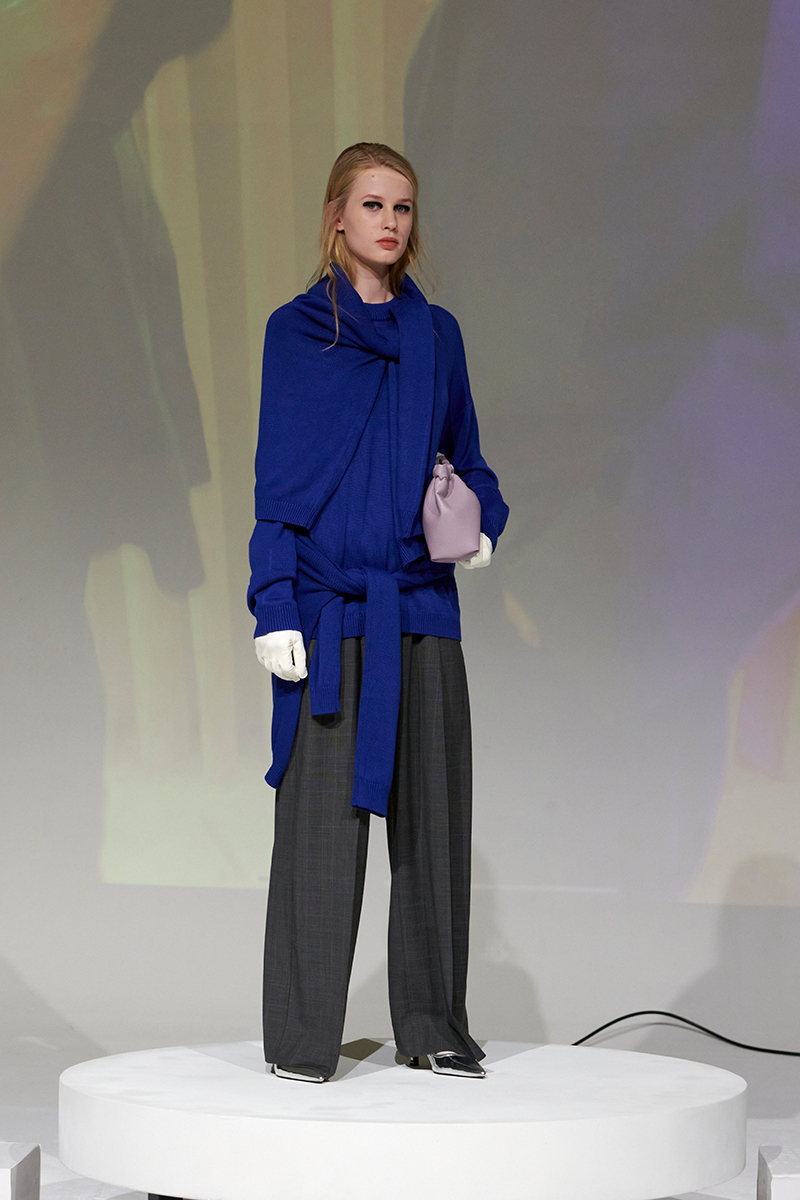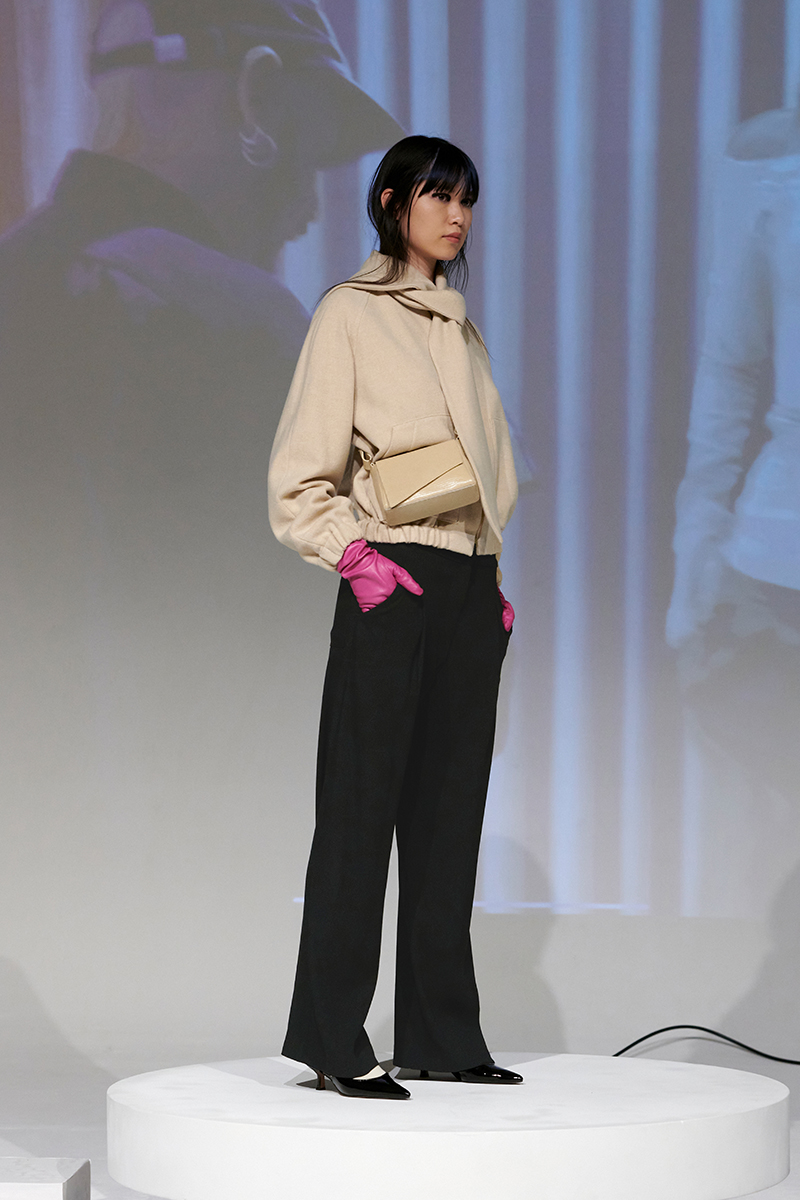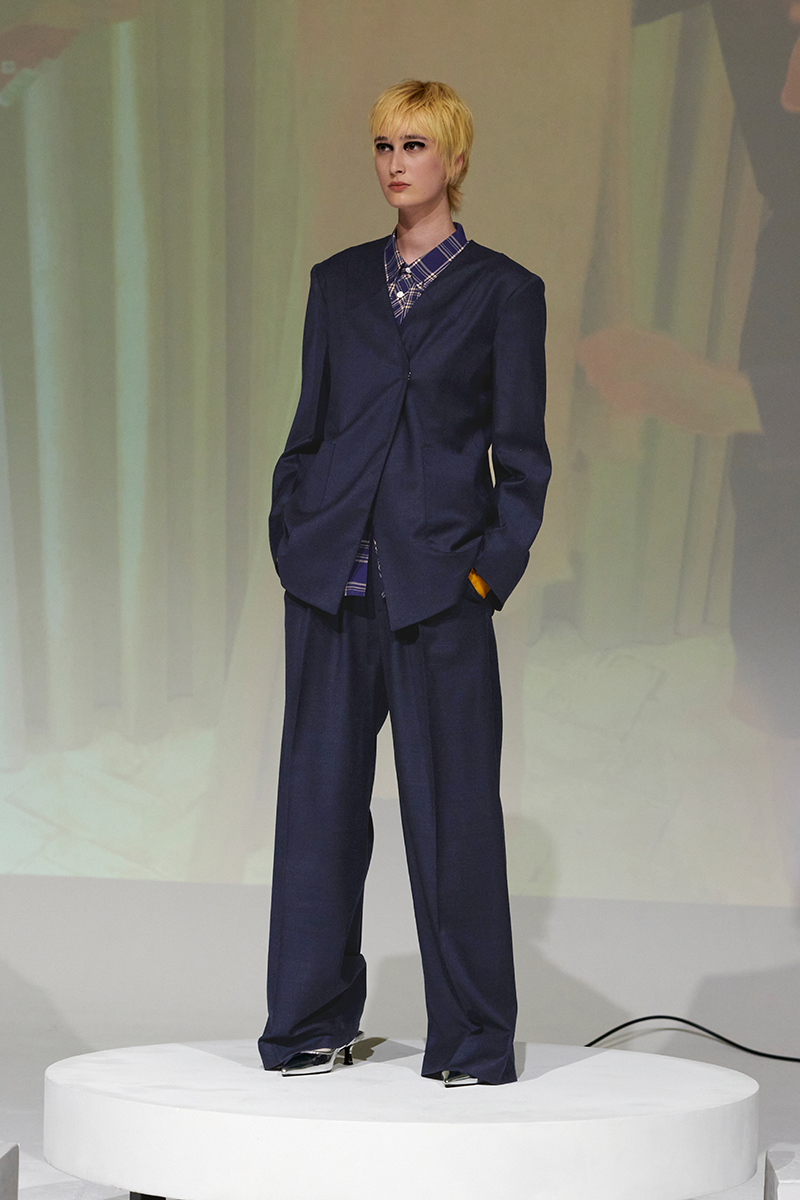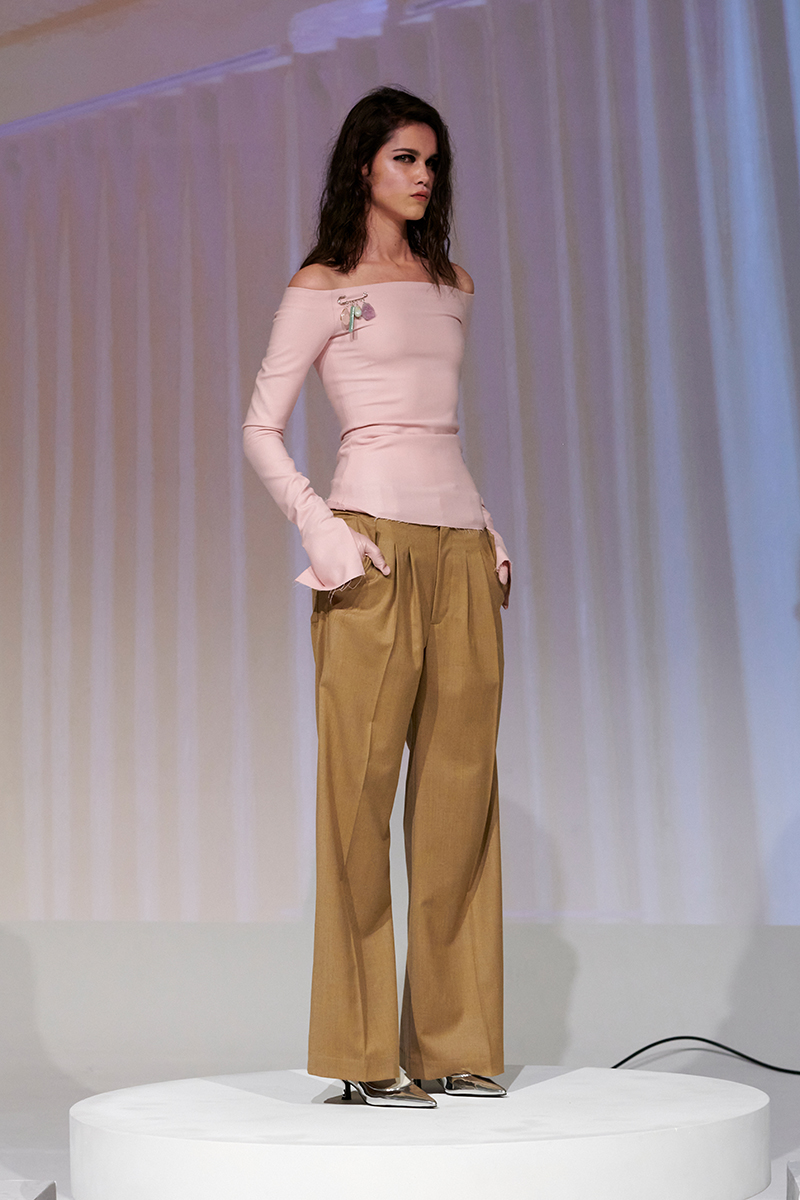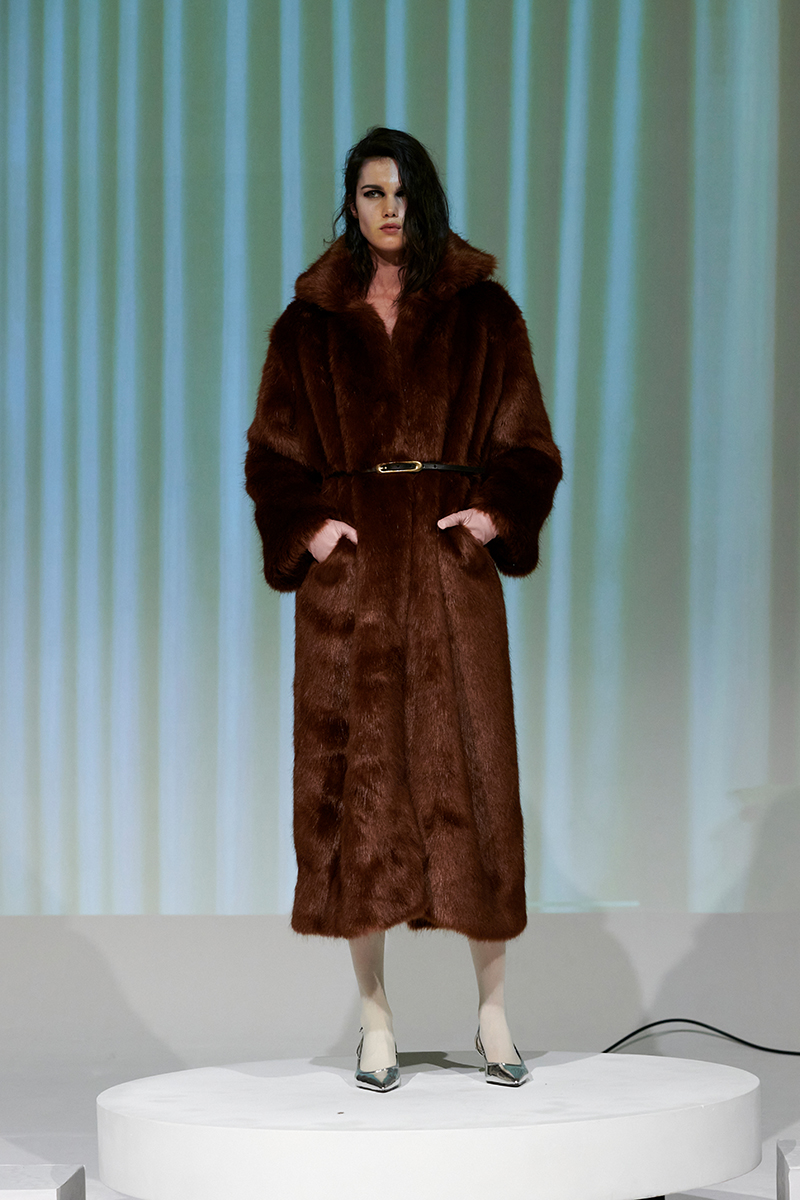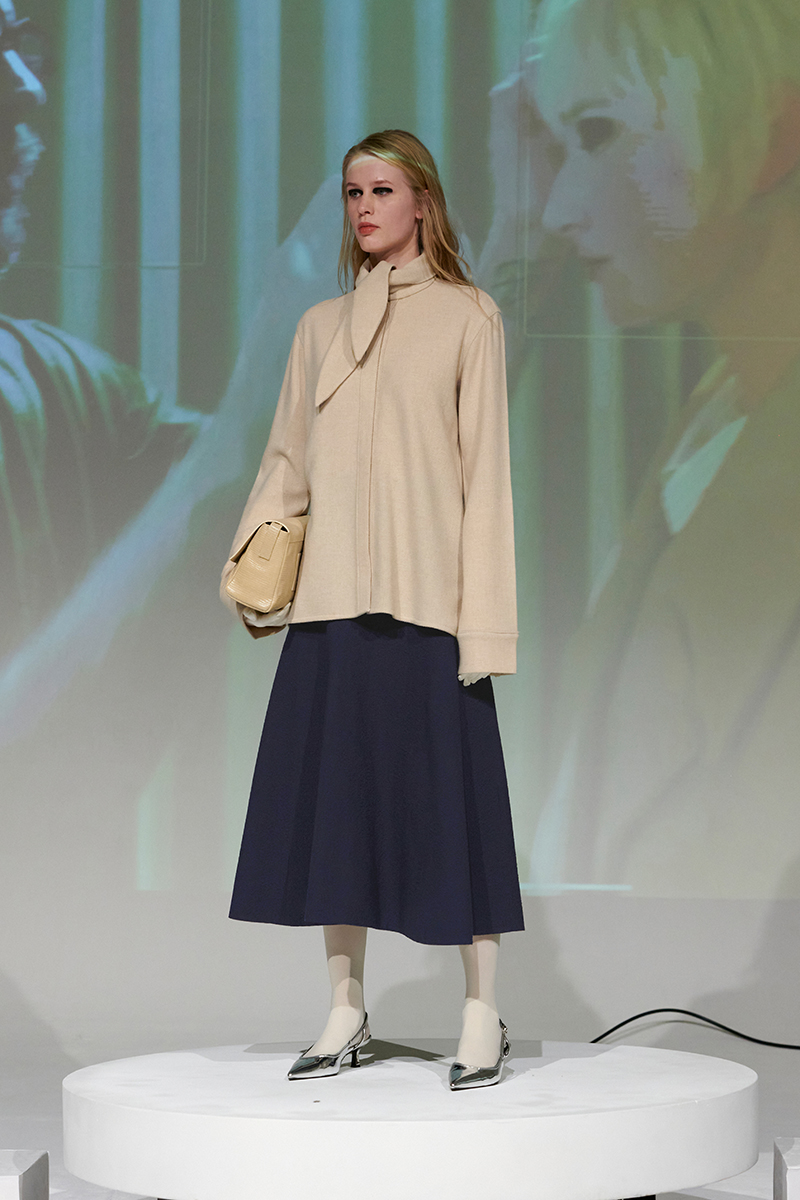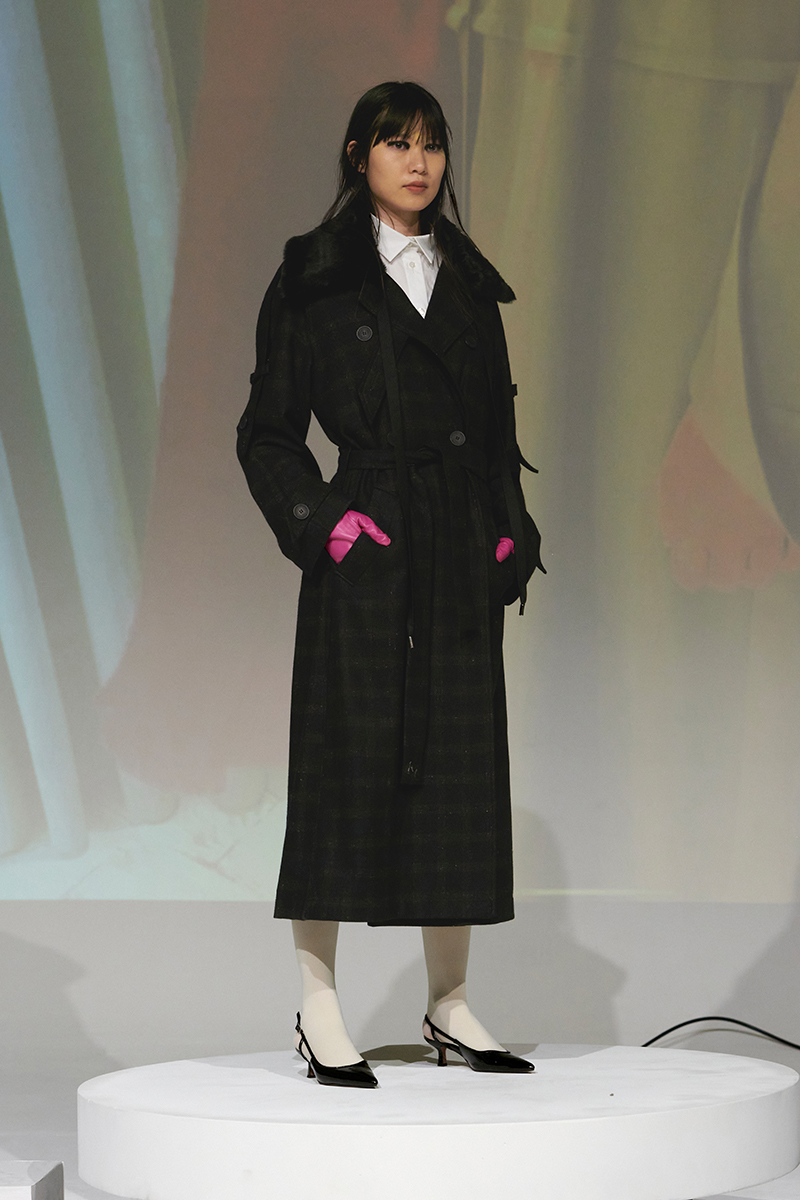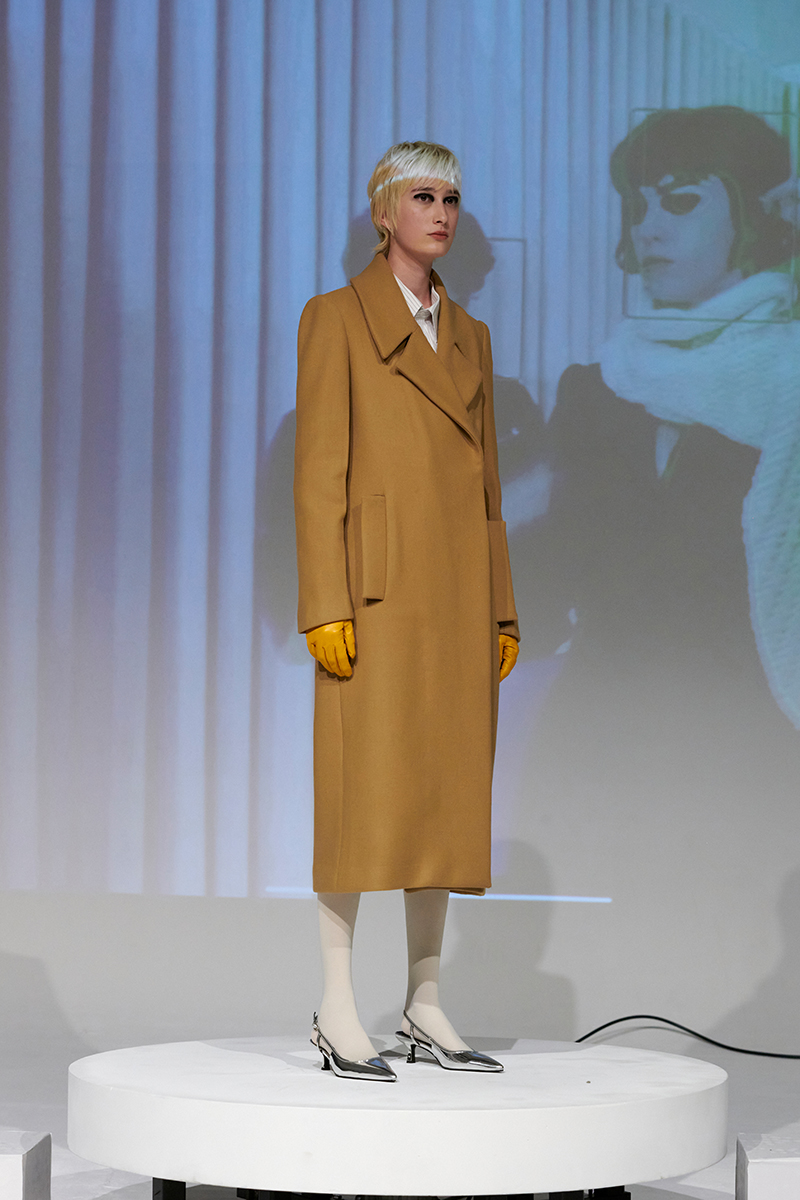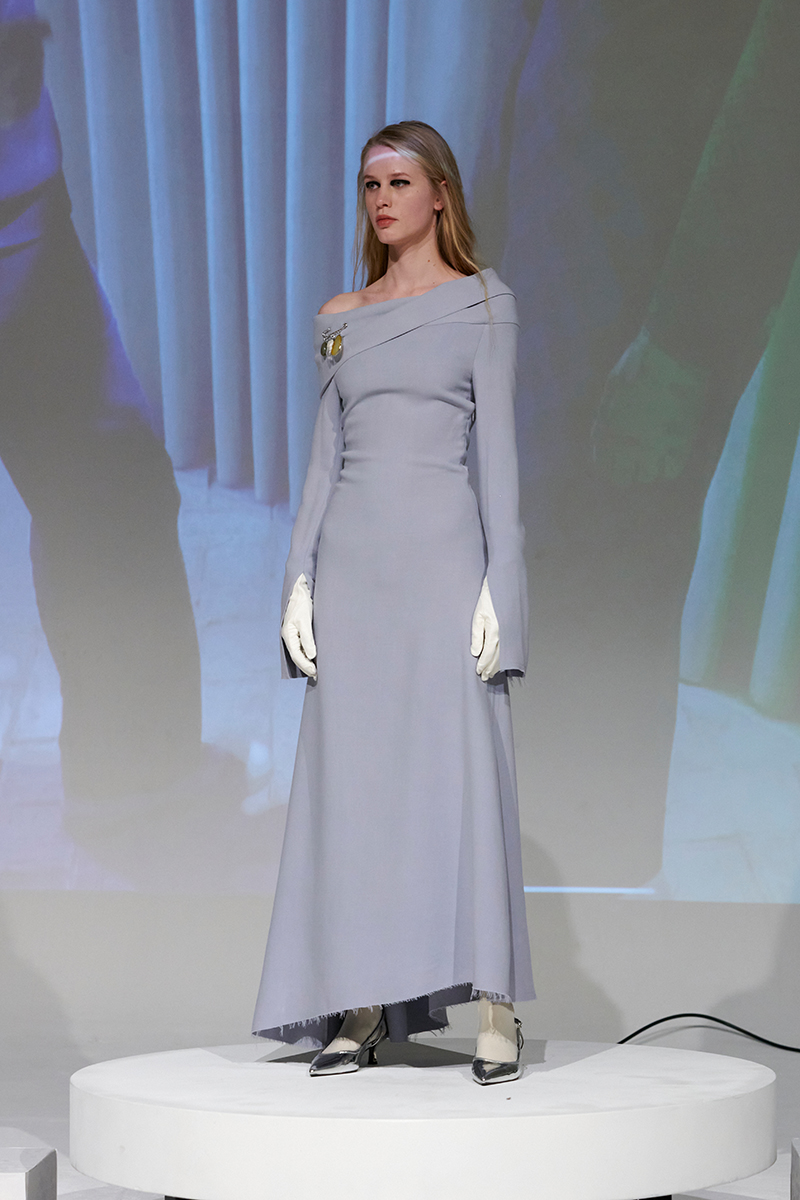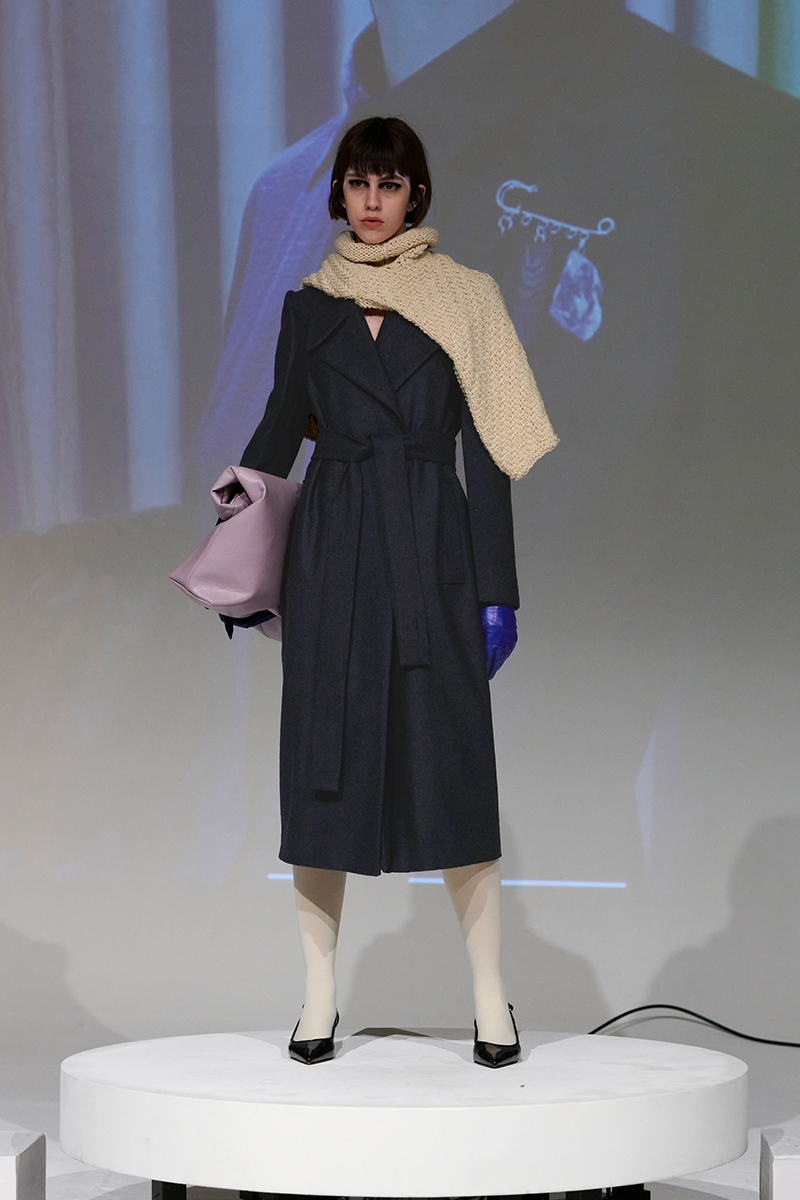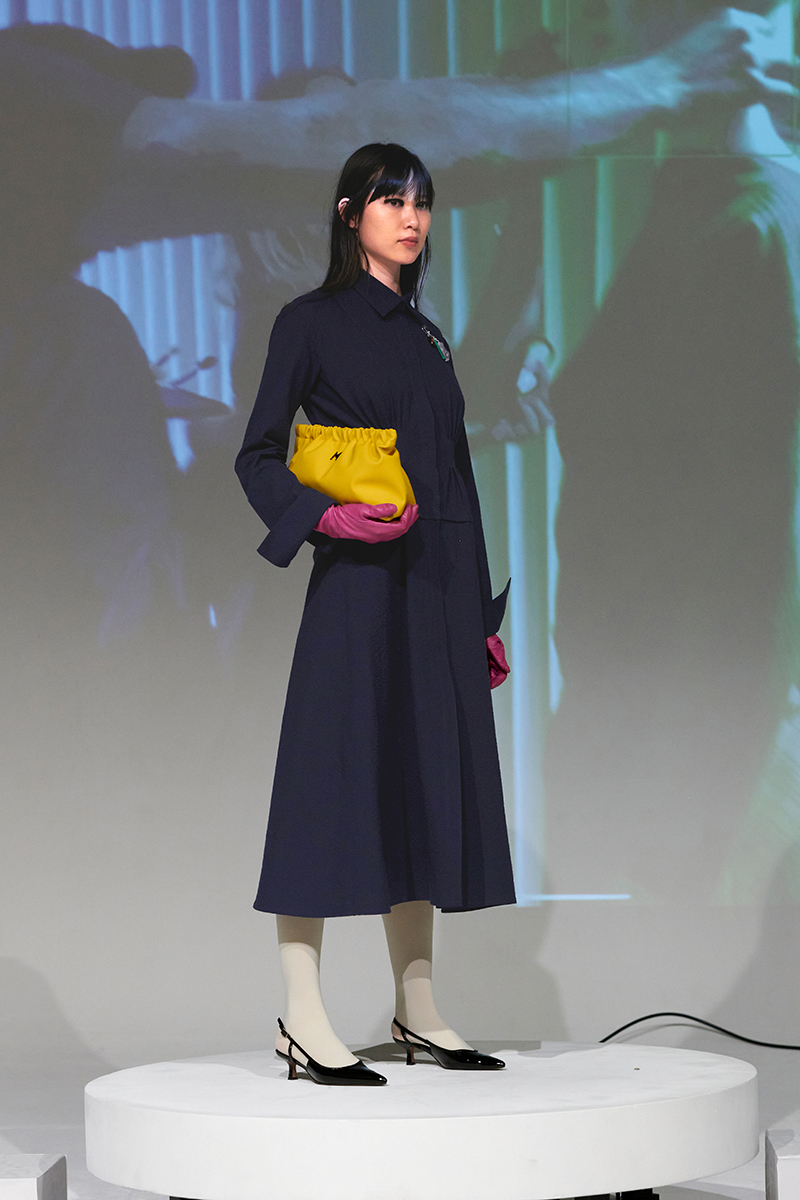There would be no Yohji Yamamoto, no Rei Kawakubo, there would not even be Uniqlo if in the 1950s there had not been Kensuke Ishizu and his shop, Van Jacket. It was he who, during the American occupation of Japan in the Second World War, captivated by Western style, decided to import the suit jacket and, over the years, the Ivy League style to the island.
Young Japanese, accustomed to wearing the historic uniforms of their culture, began to wear jackets, trench coats, knitted jumpers and polo shirts while their elders frowned. Some were forbidden to dress ‘American style’, and left the house with their kimonos on and their blazers hidden in a cardboard bag. Discovering that there was an aesthetic beyond their own, discovering that fashion existed, was a revolution on the streets of Tokyo.
Clothes served to communicate rebelliousness, modernity, openness. The Ivy style wrote the first chapter of Japanese fashion, today one of the most celebrated in the world. And it didn’t even require any great creative games or highly developed styles; all it took was four or five items of clothing for a young man of the time to create his own aesthetic outside the system.
This collection draws on the legacy of Ishizu and his Ivy style. Simple, clean garments with a classic, sartorial cut in wool. Beige, black, navy blue and a single print. Coats, blazers, pin-up trousers designed to be worn on any occasion, almost every day. Small details, few patterns and hardly any trimmings. As in the Ivy style, there is no need for more garments or more ideas for the clothes to tell a story.
All the fabrics in the collection are deadstock fabrics from the Recovo platform. It is not upcyling, because it is not the recycling of something that already existed, but the creation of something new from metres of quality fabric that remained in the warehouses. The fact of not having manufactured any material has also meant that large amounts of resources and energy have been saved: 2181 litres of water, 3236 kilos of CO2 and 1005 grams of chemicals not released.
Peter Sposito Studio wins the Mercedes-Benz Fashion Talent Award.
Sigue toda la información de HIGHXTAR desde Facebook, Twitter o Instagram
